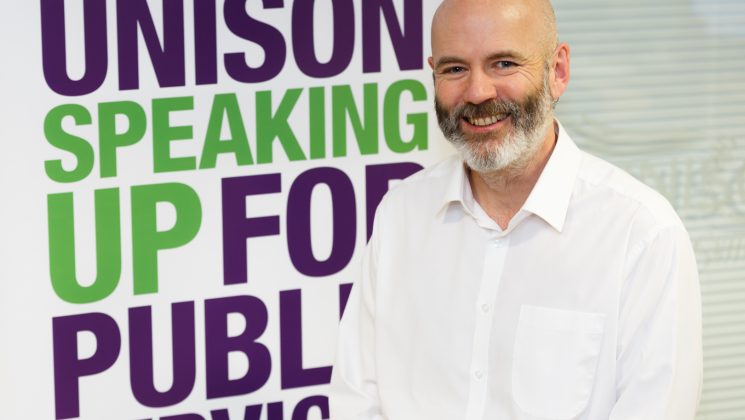An innovative tax on business financial transactions could deliver millions of pounds for cash-strapped Welsh councils, according to UNISON Cymru Wales. The trade union is today (Wednesday) urging local authorities to join the campaign for a Robin Hood Tax, which could provide much-needed funds for vital community services.
UNISON says that public services such as libraries, youth services, parks and leisure services and environmental and food hygiene services have been damaged by UK Conservative government austerity and are in danger of withering away completely unless urgent investment is found. The trade union says the Robin Hood Tax, a small tax paid on financial trading, would provide enormous funds for Welsh public services at no financial cost to the overwhelming majority of the population.
- Four months of a Robin Hood Tax could reverse all cuts to total Welsh government spending since austerity began2
- Two weeks of a Robin Hood Tax could prevent the need for further cuts to Welsh Government spending on public services over the next few years3
- Ten days of a Robin Hood Tax could return the services for each vulnerable older person in Wales to the level provided before austerity began4
- Six weeks of a Robin Hood Tax could replace all funding currently provided by the EU for development in rural and deprived parts of Wales5
Dominic MacAskill, UNISON Cymru Wales head of local government said,
“Brutal UK Conservative government spending cuts over the last seven years have brought Welsh public services to crisis point. They are under threat of extinction as austerity continues.
“Time is running out to save services and protect our communities. A Robin Hood Tax would provide potentially huge sums for local authorities and should be something all councillors and members of the public can support. This is sensible economics for our times and the Tax is supported by the likes of Bill Gates and German Chancellor Angela Merkel.”
Notes to editors
The Robin Hood Tax is also known as the Financial Transactions Tax
Currently, there is a tax on the purchase of shares which delivers £3bn to the UK exchequer each year. The Robin Hood Tax would close current loopholes on the Stamp Duty on shares and extend the tax to derivatives. This could raise £25 billion1 of additional revenue every five year parliament, potentially providing a new source of funding for local councils.
The Robin Hood Tax is endorsed by a thousand economists, Bill Gates, Angela Merkel, Desmond Tutu, Michael Moore, Bill Nighy, Sienna Miller and Emma Thompson. It is official policy of the UK Labour Party and the Democrat Party in the USA.
To date, fourteen Welsh local authorities have no policy on the Robin Hood Tax. Eight councils have signed up to the campaign for a Robin Hood Tax: Bridgend; Caerphilly; Cardiff; Ceredigion; Denbighshire; Newport; Swansea; Torfaen
Notes on calculations
1 Intelligence Capital, Improving Resilience, Increasing Revenue: The Case for Modernising the UK’s
Stamp Duty on Shares (2017), via https://papers.ssrn.com/sol3/papers.cfm?abstract_id=2908464
2 £1.7bn cuts between 2010/11 TME of £15.8bn (£18.6bn in 2016 prices) and 2017/18 TME of £16.9bn (2016 prices) (TME includes RDEL, CDEL and AME)
3 £175m cuts projected between 2017-19 to Welsh Government RDEL and CDEL spending (AME not
included) (2017 prices)
4 £130m to return per capita social care spending levels for over 65s to 2010 levels:
5 £500m cost to replace all EU funding for rural and regional development schemes after Brexit:
https://www.ifs.org.uk/uploads/publications/docs/IFS%20report%20R120.pdf
Contact
Alastair Gittins, UNISON Press Officer on 07816 538397

